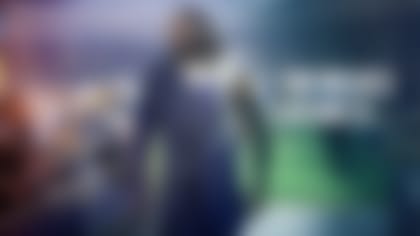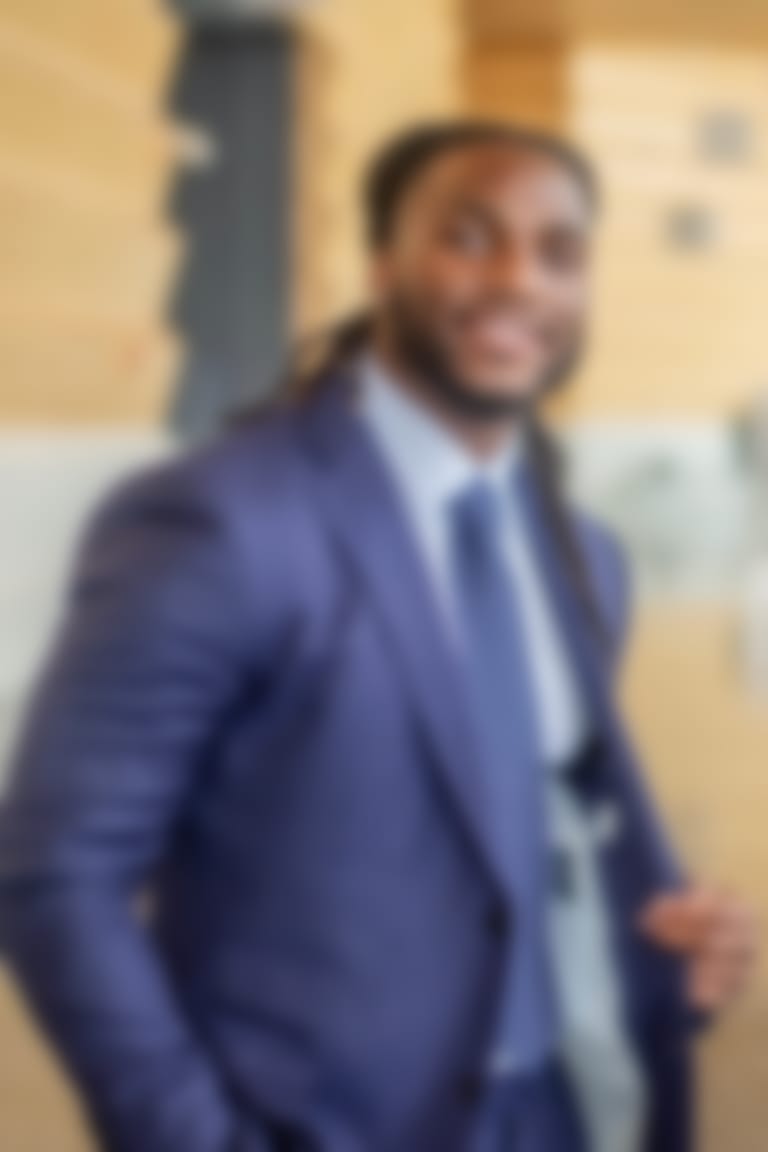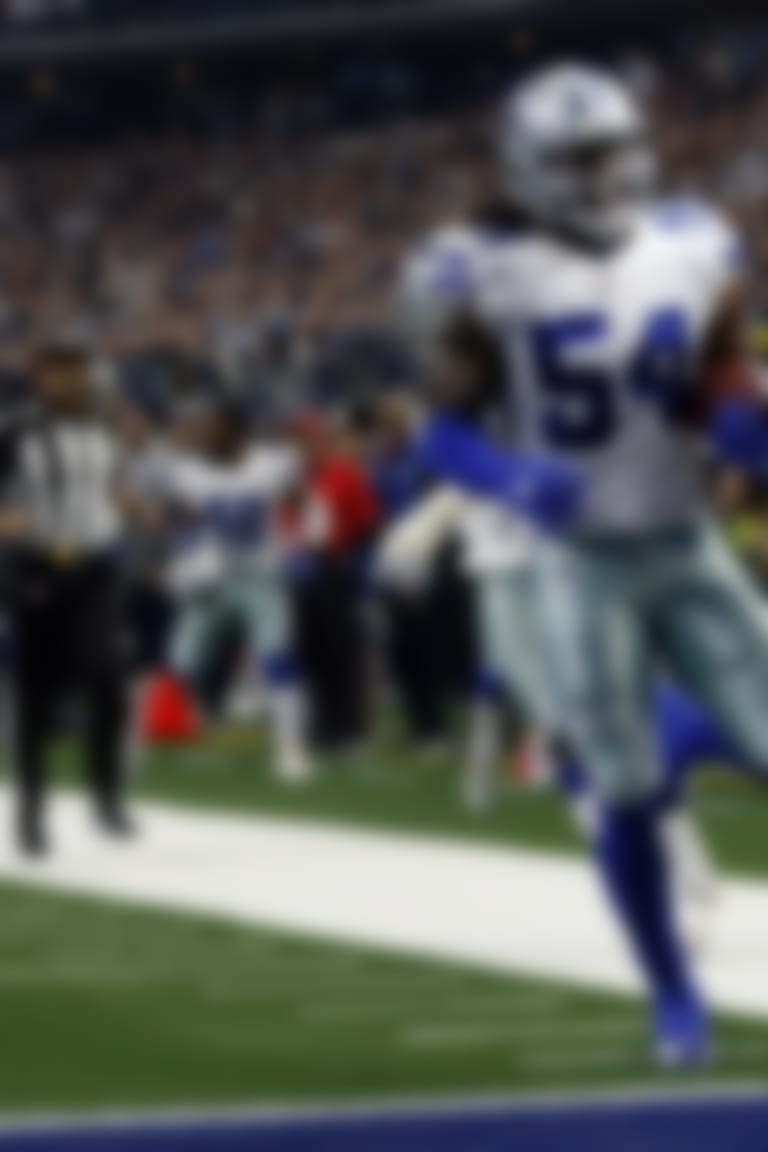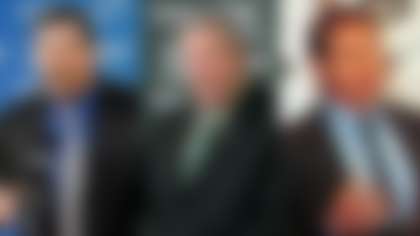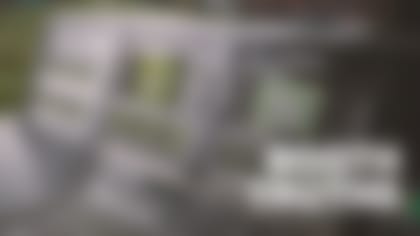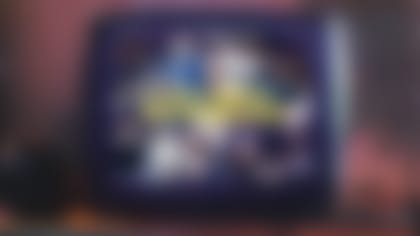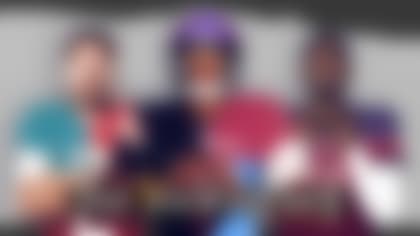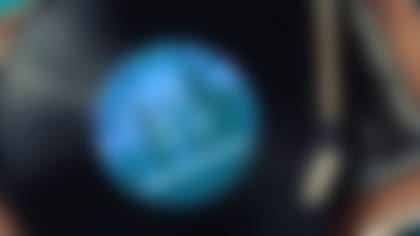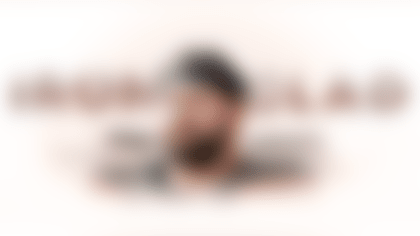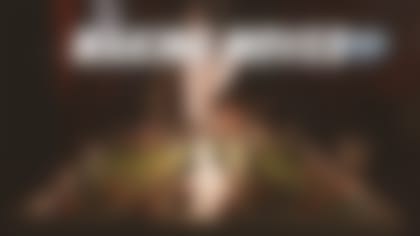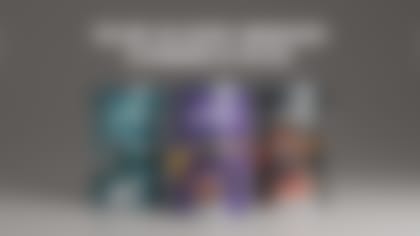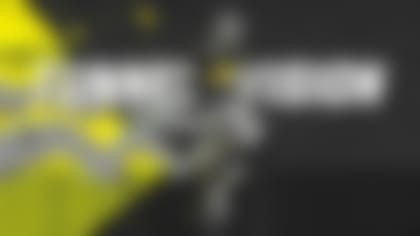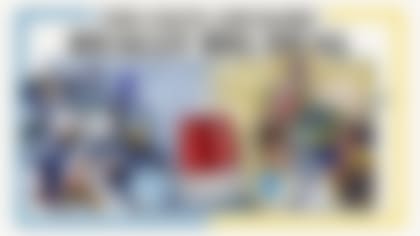Three years after a devastating knee injury threatened his career, Jaylon Smith has turned into a game-changer on the field. But what the Cowboys linebacker really wants now is to become a life-changer off of it.
By Jim Trotter | Published Sept. 11, 2019
Jaylon Smith stepped on the dais wearing black shorts and a white polo shirt with "COWBOYS" stitched over the left breast. Club executive vice president Stephen Jones was seated to his right, team owner Jerry Jones to his left. The men had gathered last month to officially announce a five-year, $64 million extension for Smith, who some thought might never play football again after sustaining a devastating knee injury three years earlier in his final college game.
At times, the press conference turned emotional as Smith reflected on how he couldn't even lift his foot for 14 months because of nerve damage, how he sat out his entire rookie season -- the first missed games of his athletic career. Particularly poignant was his announced plan to retire his mom from her daycare job seven months ahead of schedule.
"These are life-changing contracts," Stephen Jones said. "This will change Jaylon's family's life for generations in terms of the money we're talking about."
But privately, Smith wasn't just thinking about how the money could help his family. He was also focused on how it could assist him in empowering minorities through his entrepreneurship showcase.
Kickoff is an hour away and Smith is excited yet nervous. With the crowd gathering outside, the Cowboys middle linebacker alternates between sitting and standing. He slowly paces the room, then stops to check his two iPhones.
He has played in a lot of big games, but none like this. In fact, his uniform is a mauve-rose suit, tan suede loafers and a button-down cantaloupe-shaded dress shirt. There are no shoulder pads, helmets or cleats, because this game isn't about football. It's about life, and the significance of the occasion is not lost on him.
For years, he has dreamed of using football as a platform for empowering people of color in underserved communities, and he took a major step in that direction last March when he founded the Minority Entrepreneurship Institute. Then he announced plans for a venture-capital competition (think "Shark Tank") to provide capital, mentorship and strategic planning to minorities in need.
